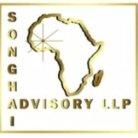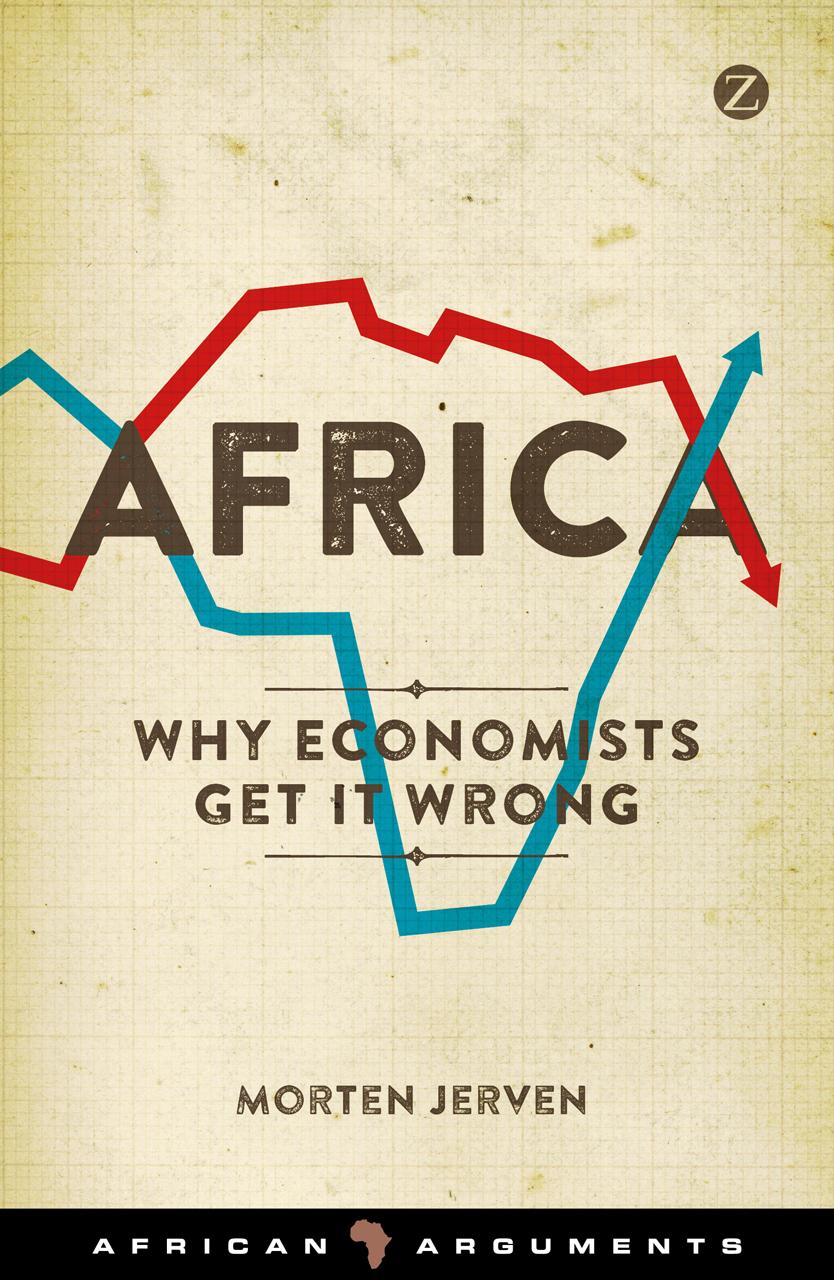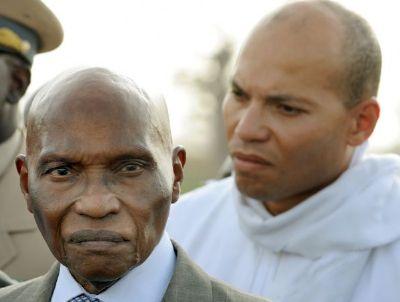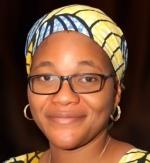Ghana: oil potential unknown and growing – By Songhai Advisory LLP

…is not gold, they say. In the case of Ghana, it is gold, cocoa, relative institutional strength and newly discovered oil wealth. The country has raced to put in place an adequate legislative framework to guard against official abuses and ensure long term benefit for the country. The Petroleum Revenues Management Bill is particularly impressive in its transparency requirements. However, given the relatively weak anti-corruption authorities, accountability may still prove to be an issue.
The regulatory template and institutional knowledge that is now in place, but was not only a year ago, should give investors some confidence that they can avoid contractual turbulence such as affected Kosmos Energy while it considered cashing in on its oil exploration investment in 2009.
For all that, Ghana’s developmental needs and winner takes all political system mean that activities in the sector will remain politically sensitive.
Up and Away
Jubilee field oil production, having got underway in December 2010 has raised Ghanaian hydrocarbon output from around 4,000 to 77,000 barrels per day (bpd) as of August 2011. This is behind the expected 120,000 bpd but nevertheless a significant boost to economic growth and foreign exchange earnings. Assisted by a bumper cocoa harvest, the government expects real GDP growth of around 14% this year and perhaps 12% in 2012. The latter assisted by the tardy roll out of oil output.
More recent oil finds suggest that we do not yet know the full extent of Ghana’s hydrocarbon potential. For example, the expected 2013-14 peak production of 240,000 bpd does not take into account Deepwater Tano Block discoveries – Enyera and Tweneboa yet to be confirmed as commercially viable.
Oil juniors such as UK-based Tullow Oil and Anadarko of the US have been trailblazers but the buzz is drawing others, including the major players. Hess of the US and Nigeria’s Sahara Energy Fields have reportedly made queries about Ghana’s West Keta and East Cape Three Points blocks. Shell Global Head of Trading Mike Muller recently declared “a growing appetite for Ghana [and] working to acquire a licence for exploration”.
Political Calendar
There has been no single-term president in Ghana’s post-1993 democratic history, and the current incumbent President John Evans Atta Mills looks particularly strong in light of the country’s post-2009 macro-economic stabilisation and his defeat of an internal challenger at the ruling party primaries.
Still, the 2008 elections were exceedingly close and there is little to suggest the environment has become less polarised. With one eye on the approaching December 2012 elections, the government is under pressure to create tangible benefits to maintain and even grow its constituency of supporters. Large scale borrowing e.g. US$3 billion from China should be seen in this light.
Songhai Advisory LLP is a bespoke business intelligence consultancy providing critical insight on market opportunities in Sub-Saharan Africa.







